metoprolol tartrate for afib
 A List of Common AFib Medications
A List of Common AFib MedicationsA list of common AFib medicines IntroductionAtrial fibrillation (AFib) is a type of abnormal arrhythmia or heart rate. According to the American Heart Association, it affects approximately. People with AFib have an irregular beating of the upper chambers of the heart, called the atria. The atria came out of synchrony with the lower chambers, called ventricles. When this happens, not all blood is taken out of the heart. This can make the blood come into the atria. Dresses can be formed when blood ponds. If one of these clots is released and travels to the brain, it can restrict blood flow to the brain. This can cause a stroke. People with AFib may have an abnormal heart rate continuously. Or they can only have episodes when their heart beats irregularly. Fortunately, there are many treatments for AFib. These include medicines, as well as surgical or catheter procedures to help stop arrhythmia. If you were diagnosed with AFib, your treatment is likely to start with medications. Medicines can help control your heart rate and rhythm. They can also help manage high blood pressure, which is common in people with AFib. In addition, these medicines can help prevent the formation of blood clots. If your heart rate is too fast, this means your heart doesn't work as efficiently as it should. Over time, a heart that beats too fast can weaken. This can lead to heart failure. In the treatment of AFib, your doctor will want to make sure your heart rate is under control. This will make it easier to get the rhythm of your heart under control too. There are some important types of medications designed to control your heart rate. Beta-blockers These medicines help reduce your heart rate. They make it blocking the effects of epinefrine, also known as adrenaline. Beta blockers are often given to people with AFib. These medicines can also treat high blood pressure, anxiety, migraines and other problems. Examples of beta blockers are: Calcium Channel Blockers Calcium channel blockers also decrease heart rate. These medicines help relax the smooth muscle lining of the arteries. They also prevent the heart from absorbing calcium. Calcium can strengthen the contractions of the heart. These actions mean that these drugs help relax the heart muscle and expand the arteries. Only two calcium channel blockers are acting centrally. This means they help lower your heart rate. They are often used to treat AFib. These medicines include: Other calcium channel blockers are acting peripherally. They also relax blood vessels, but are not useful for AFib heart rate problems. Digitalis glycosides The main digital drug is (Digitek, Lanoxin). This medicine helps strengthen heart contractions. Doctors often prescribe it as a regular part of the treatment of heart failure. digoxin also helps to slow down the speed of atria electrical activity to the ventricles. This action helps control the heart rate. AFib is an electrical problem. The rhythm of your heart is controlled by electrical currents that follow a path established through the heart. In AFib, electrical currents no longer follow that pattern. Instead, chaotic electrical signals work through the atria. This makes the heart hang and beat erraticly. Medicines that are used specifically to treat heart rhythm problems are called antiarrhythmic medications. There are two basic types: sodium channel blockers and potassium channel blockers. Antiarrhythmic drugs help prevent recurrent episodes of AFib. Sodium Channel Blockers These drugs help control the heart rate. They do it by reducing how fast the heart muscle leads electricity. They focus on electrical activity in sodium channels of heart cells. Examples of these drugs are: Potassium Channel Blockers As sodium channel blockers, potassium channel blockers also help control the heart rate. They reduce electrical driving in the heart. They make it interfering with the driving that occurs through the potassium channels in the cells. Examples of these drugs are: Dronedarone (Multaq) is a new drug that is only used to prevent AFib in people who have had it in the past. People with permanent AFib should not use this medication. Sotalol (Betapace) is a beta blocker and a potassium channel blocker. That means it controls heart rate and heart rate. There are different types of blood thinning. These medicines help prevent the formation of dangerous blood clots. They include antiplatelet drugs and anticoagulant medications. Blood thinners increase the risk of bleeding. If your doctor gives you one of these medications, you will be watched closely for side effects during treatment. Antiplatelet drugs These drugs work by interfering with the action of platelets in your bloodstream. Platelets are blood cells that help stop bleeding by gluing together and forming a clot. Antiplatelet medicines include: Anticoagulants These medications work by extending the time it takes for your blood to coagulate. If your doctor gives you this medication, they will monitor you closely to make sure the dose is right for you. It may be difficult to keep your blood at the right level of thinning, so your doctor needs to check often that your dose is accurate. Anticoagulants known as non-vitamin K oral anticoagulants (NOACs) are now recommended on warfarin for most people. Examples of these drugs are:Warfarin (Coumadin) is still recommended for people who have moderate to severe mitral stenosis or have an artificial heart valve. Anticoagulants come as oral or injectable medications. Injectable forms are usually given at the hospital by a health care provider. You may eventually be able to give the injections to yourself and keep taking them home. In some cases, you can only take them home. These injectable drugs are given subcutaneously (under the skin). Injectable anticoagulants include: Different drugs for AFib have different potential side effects. For example, antiarrhythmic drugs that treat irregular heart rhythms can cause these symptoms to occur more often. Calcium channel blockers can cause tachycardia, headaches and dizziness, among other side effects. Beta-blockers can cause side effects such as tiredness, cold hands and digestive discomfort, as well as more serious problems. If you think you have side effects from one of your medications, talk to your doctor. Do not stop taking a medication without consulting your healthcare provider. Your doctor may discuss other options with you. You may not have the same side effects with a different medication, even if it serves a similar purpose. You may ask your doctor if you may be at greater risk of any particular side effect based on your health history and other medications you take. Your doctor should have a full list of all the medications you take to make sure there is no negative interaction between the different drugs. Be sure to tell your doctor about any vitamins, supplements or natural remedies you take, too, as these substances can also interact with your AFib medications. There are many medicines used to treat AFib. Everyone works in different ways. Your options will depend on your medical history, the side effects you can tolerate, other medications you are taking, and other factors. Talk to your doctor to find the medicine that best works to control your symptoms. Last medical review on May 3, 2019 Read this next set of words
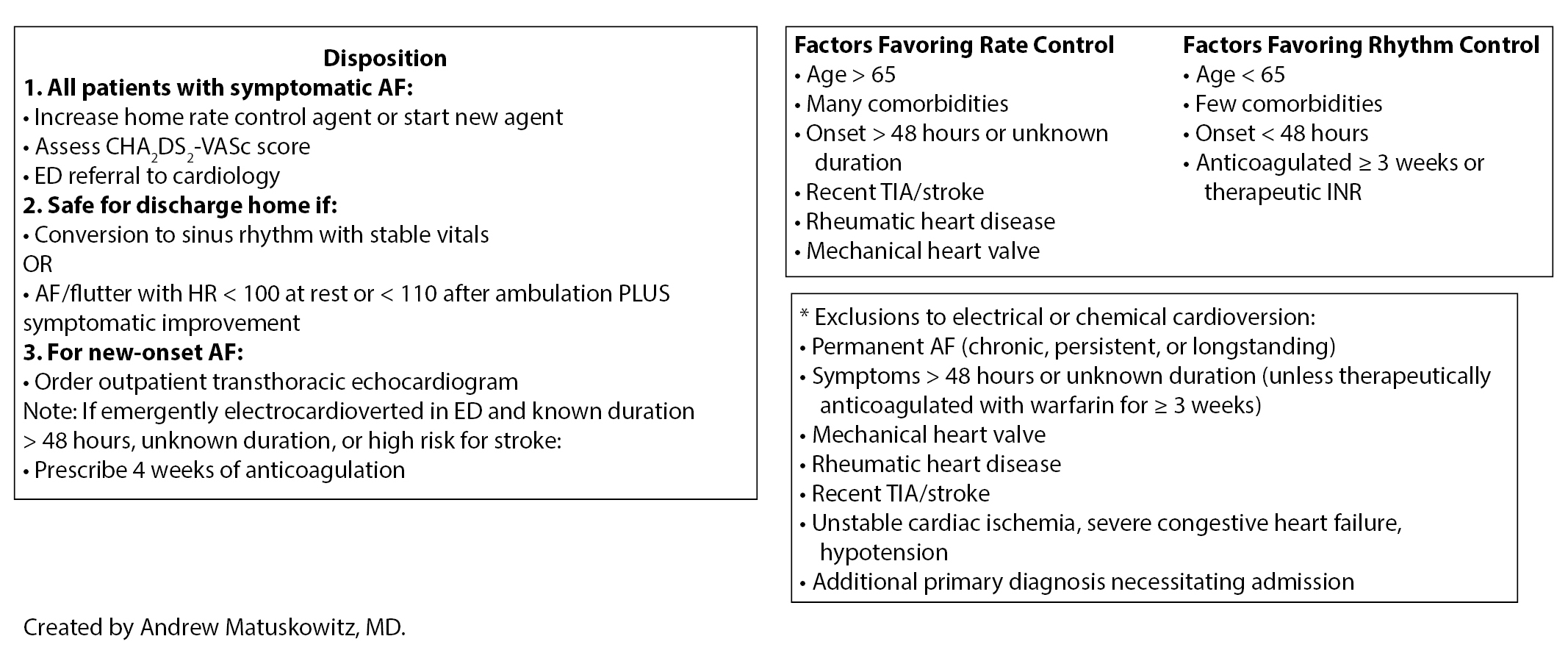
Evidence-based Management of Atrial Fibrillation in the Emergency Department | 2018-03-23 | AHC Media - Continuing Medical Education Publishing
Atrial Fibrillation: Management - Adult - Inpatient/Ambulatory/Emergency Department Clinical Practice Guideline
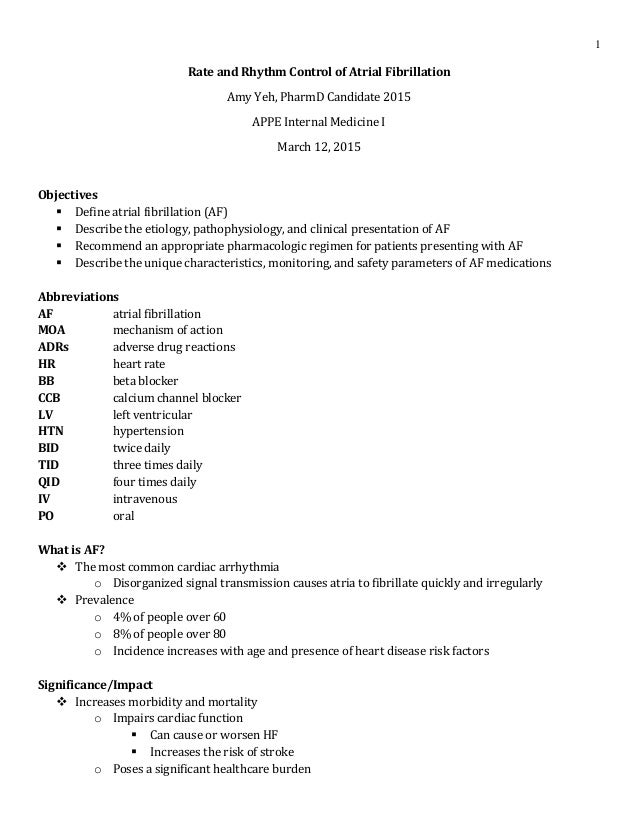
Topic Discussion 1 Rate and Rhythm Control AFib
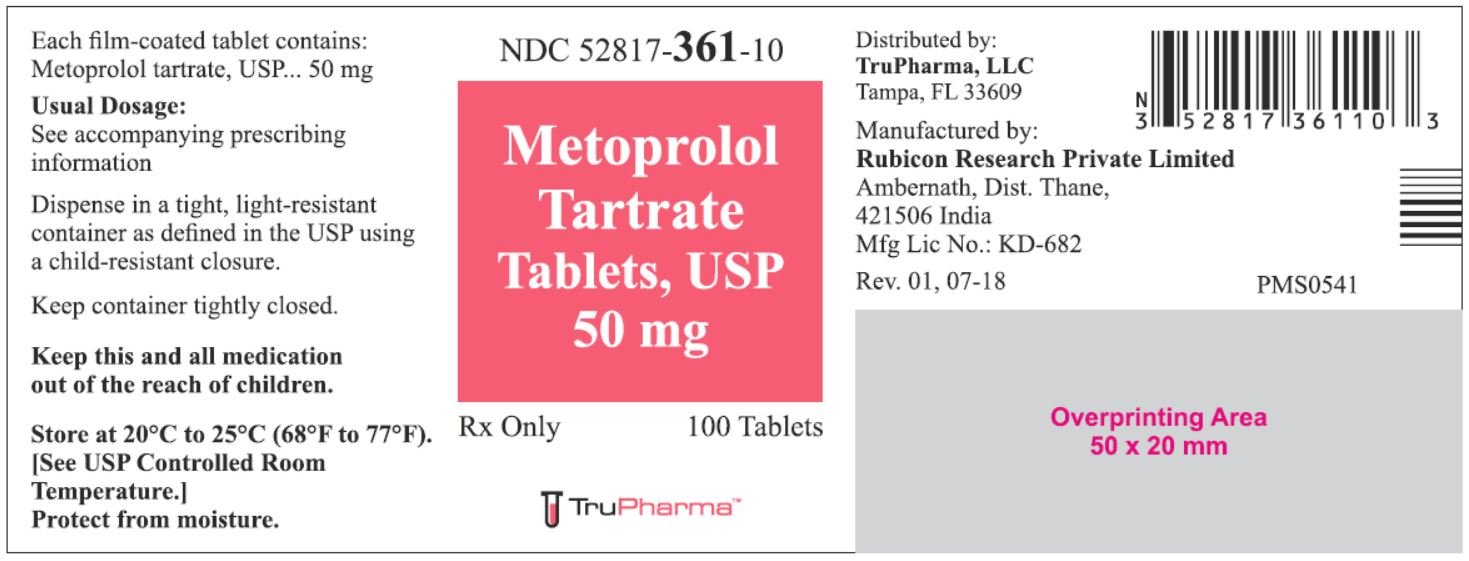
Metoprolol - FDA prescribing information, side effects and uses
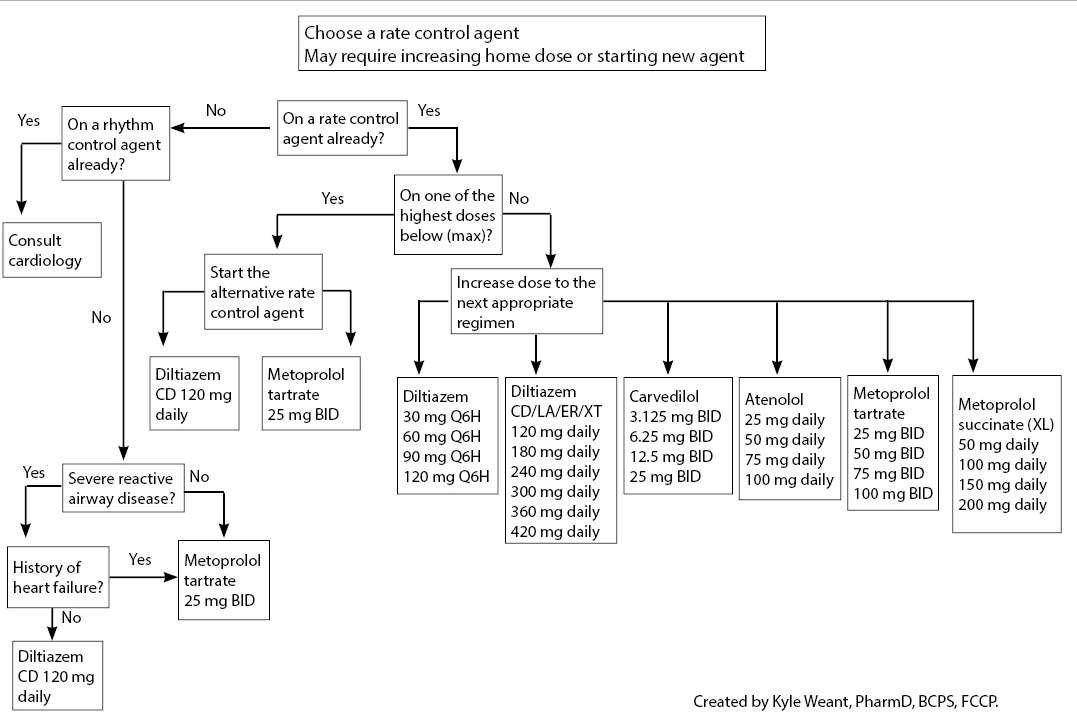
Evidence-based Management of Atrial Fibrillation in the Emergency Department | 2018-03-23 | AHC Media - Continuing Medical Education Publishing

Strategy for Management of AFib Once OSA is Discovered - American College of Cardiology
Atrial Fibrillation: Management - Adult - Inpatient/Ambulatory/Emergency Department Clinical Practice Guideline
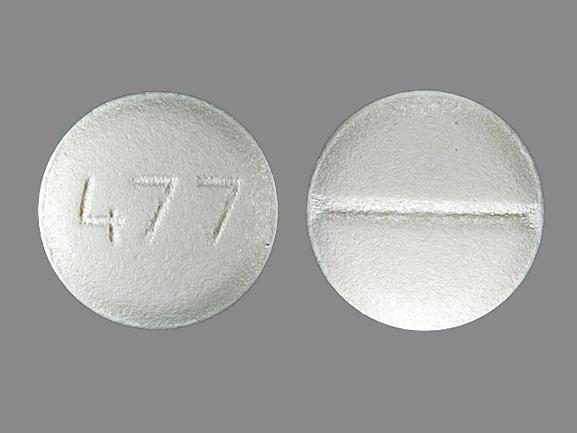
477 Pill Images (White / Round)

Part 4 Rhythm Management of AF

Lopressor 50 Mg Price Reviews - ppt download

A List of Common AFib Medications

11 Recommendations to Help Prevent An Atrial Fibrillation Episode

Patent On Metoprolol Tartrate What This Use For Purchase Lopressor Online metoprolol antidote metoprolol tartrate 25 mg tablets side effects convert lopressor. - ppt download

Can Metoprolol Cause Edema
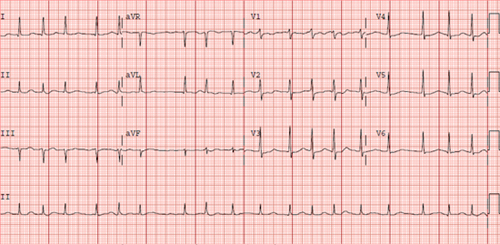
Case Study: Paroxysmal Atrial Fibrillation | Thoracic Key
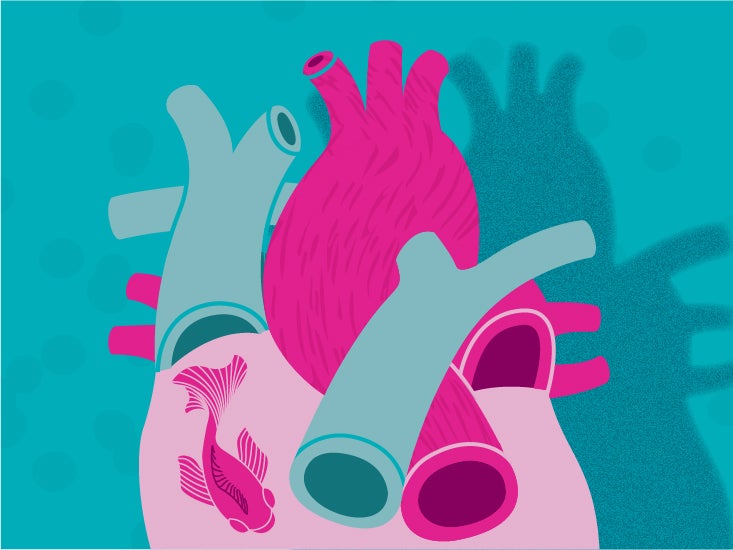
A List of Common AFib Medications
Effects of metoprolol tartrate therapy in patients with heart failure
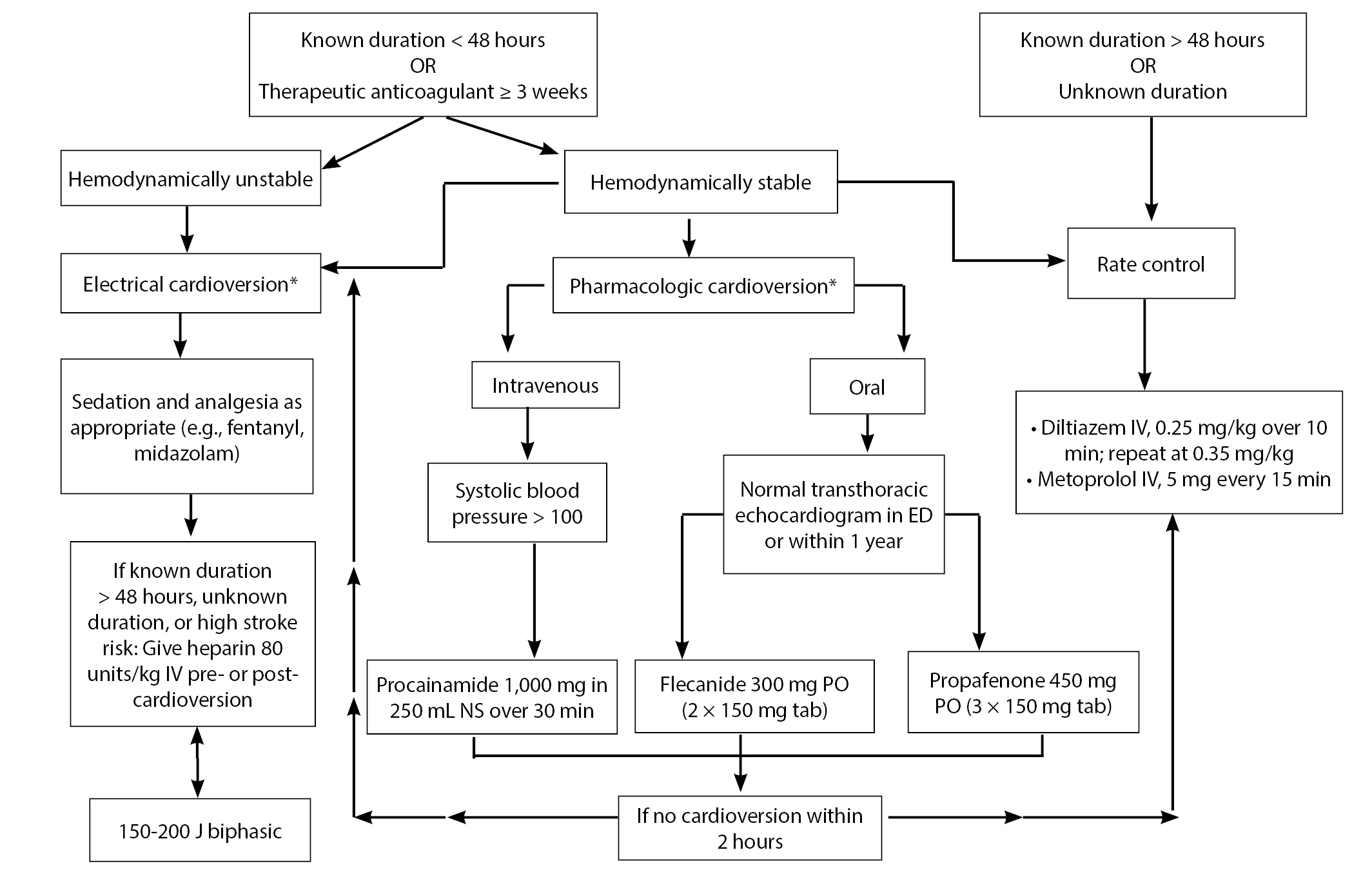
Evidence-based Management of Atrial Fibrillation in the Emergency Department | 2018-03-23 | AHC Media - Continuing Medical Education Publishing
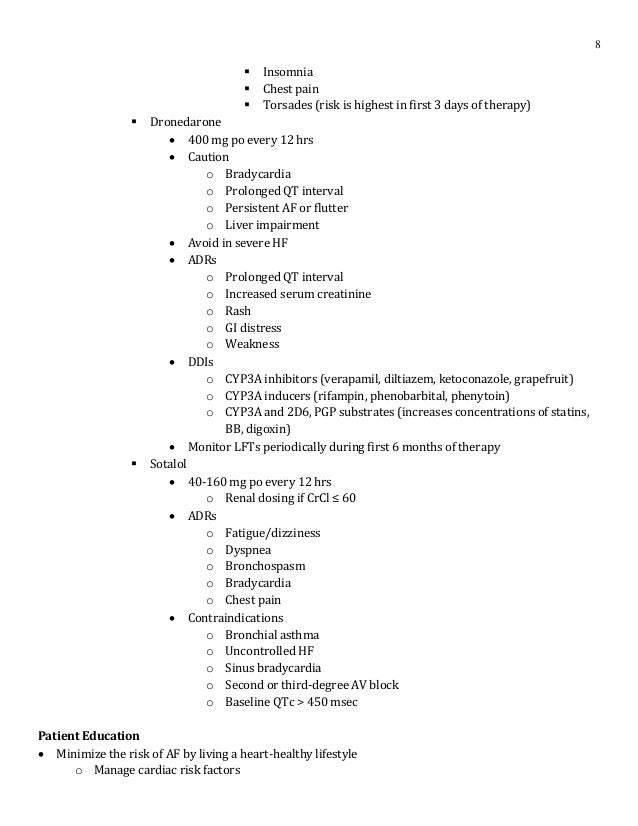
Topic Discussion 1 Rate and Rhythm Control AFib

Beta-blockers for cardiovascular conditions: one size does not fit all patients - bpacnz

2018 Focused Update of the Canadian Cardiovascular Society Guidelines for the Management of Atrial Fibrillation - Canadian Journal of Cardiology

A List of Common AFib Medications
Clinical effectiveness of a systematic "pill-in-the-pocket" approach for the management of paroxysmal atrial fibrillation - Heart Rhythm

The Best AFib Treatment — Dr. AFib™
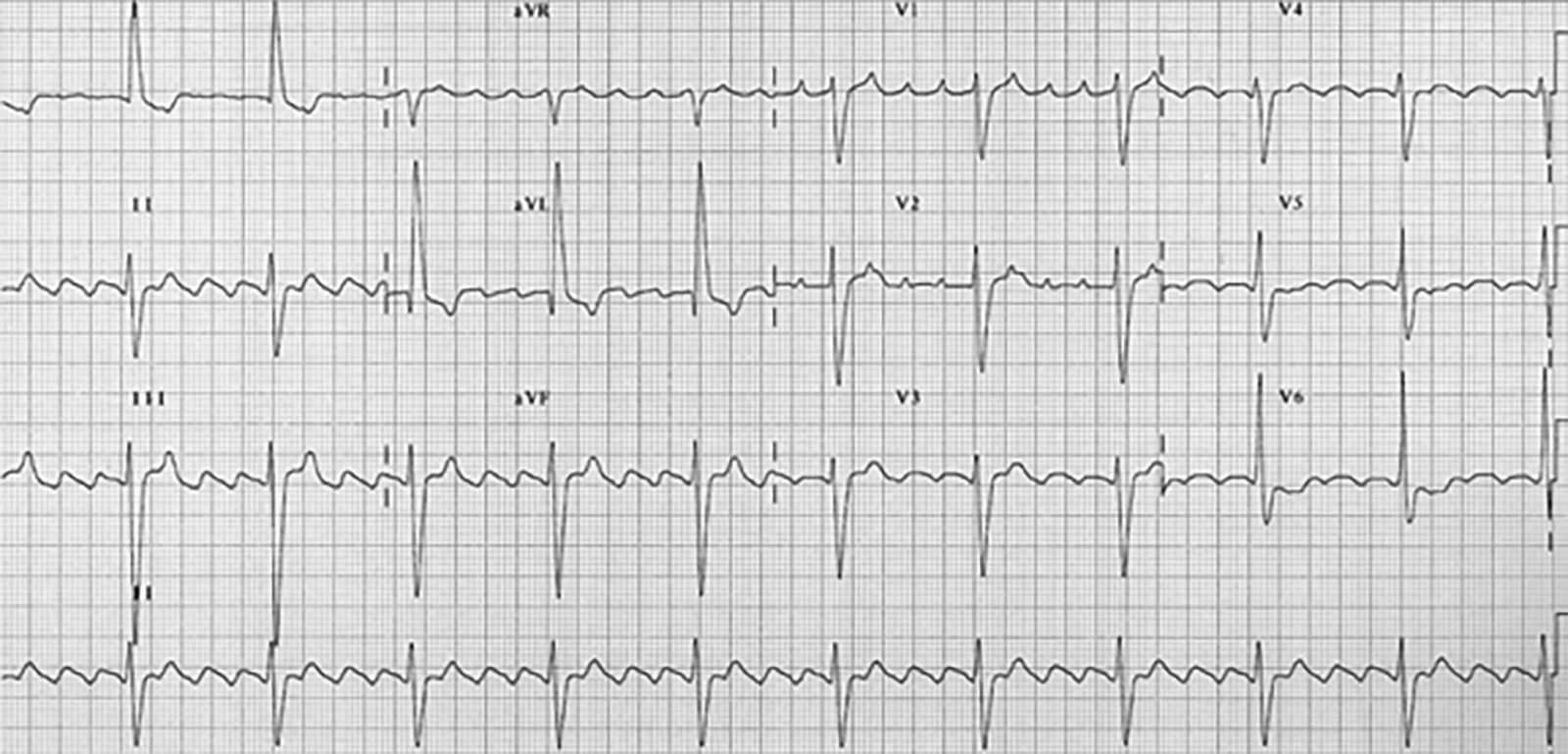
Evidence-based Management of Atrial Fibrillation in the Emergency Department | 2018-03-23 | AHC Media - Continuing Medical Education Publishing
Atrial Fibrillation (AF) Management - Adult Algorithm

Metoprolol Tartrate | Adrenergic Receptor Inhibitor | MedChemExpress

Use of general anesthesia to suppress incessant atrial fibrillation in a patient undergoing ablation for supraventricular tachycardia - HeartRhythm Case Reports
The Best AFib Treatment — Dr. AFib™
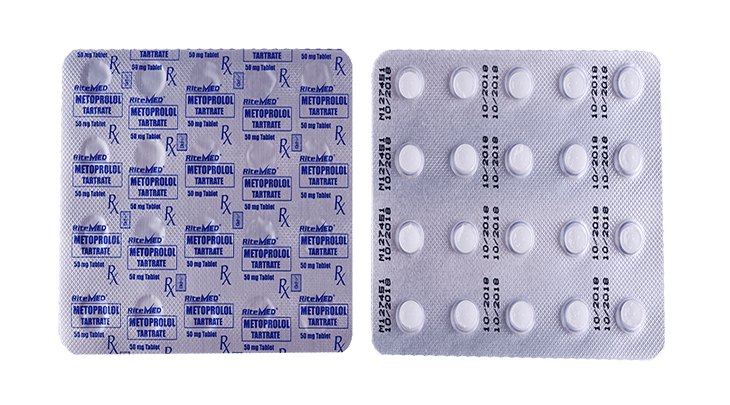
Metoprolol dose for afib

V Metoprolol
Atrial Fibrillation in the ICU
Living With Atrial Fibrillation

Ivabradine | Circulation
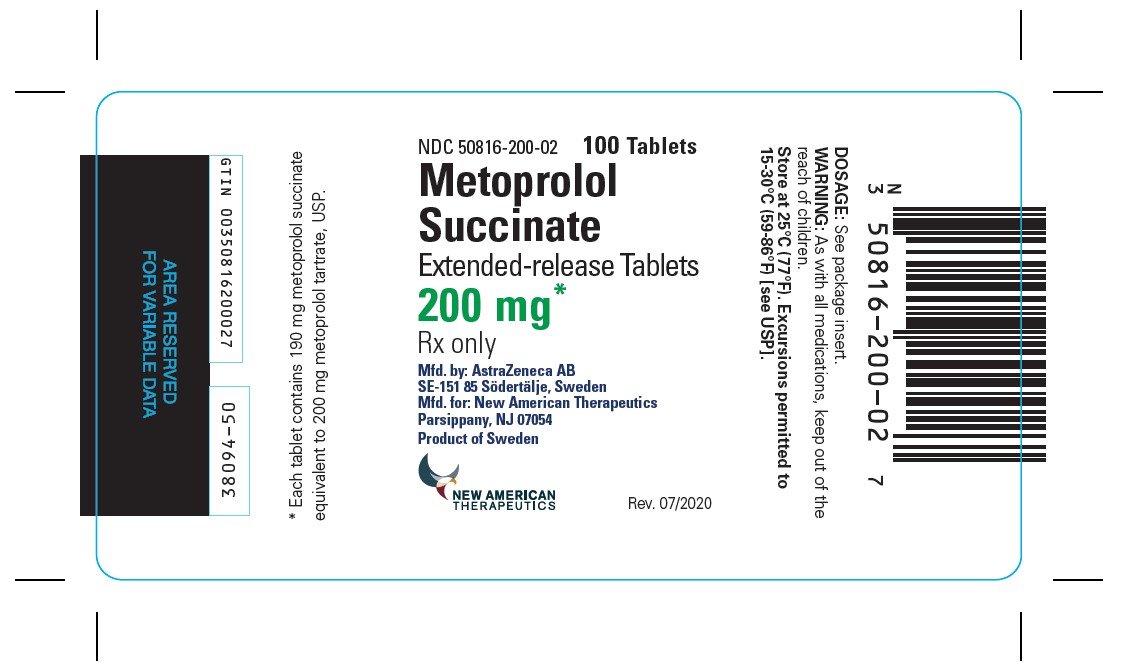
Metoprolol Succinate Dosage For Atrial Fibrillation | hobbiesxstyle

2018 Focused Update of the Canadian Cardiovascular Society Guidelines for the Management of Atrial Fibrillation - Canadian Journal of Cardiology

2014 AHA/ACC/HRS Guideline for the Management of Patients With Atrial Fibrillation | Circulation

Beta-blockers for cardiovascular conditions: one size does not fit all patients - bpacnz
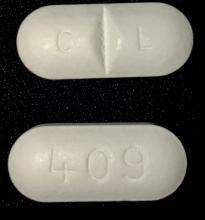
Metoprolol for blood pressure
References Heart failure, atrial fibrillation, and beta-blockers References Adherence to guidelines is a predictor of outcome in
Posting Komentar untuk "metoprolol tartrate for afib"